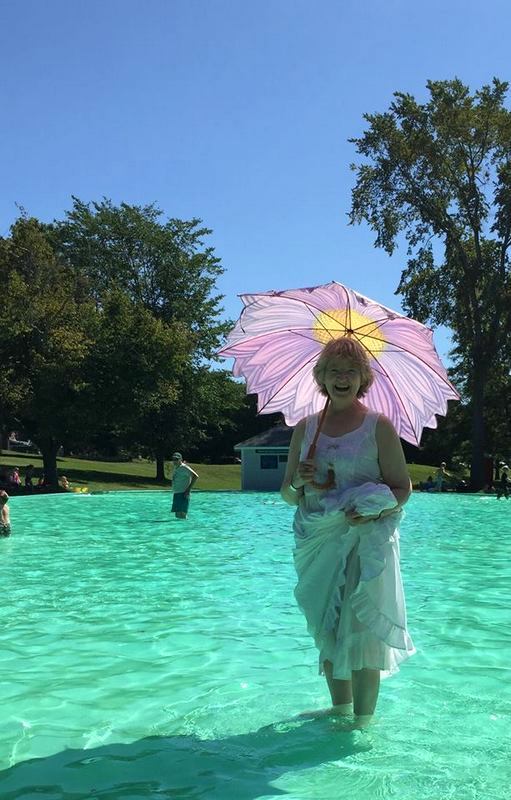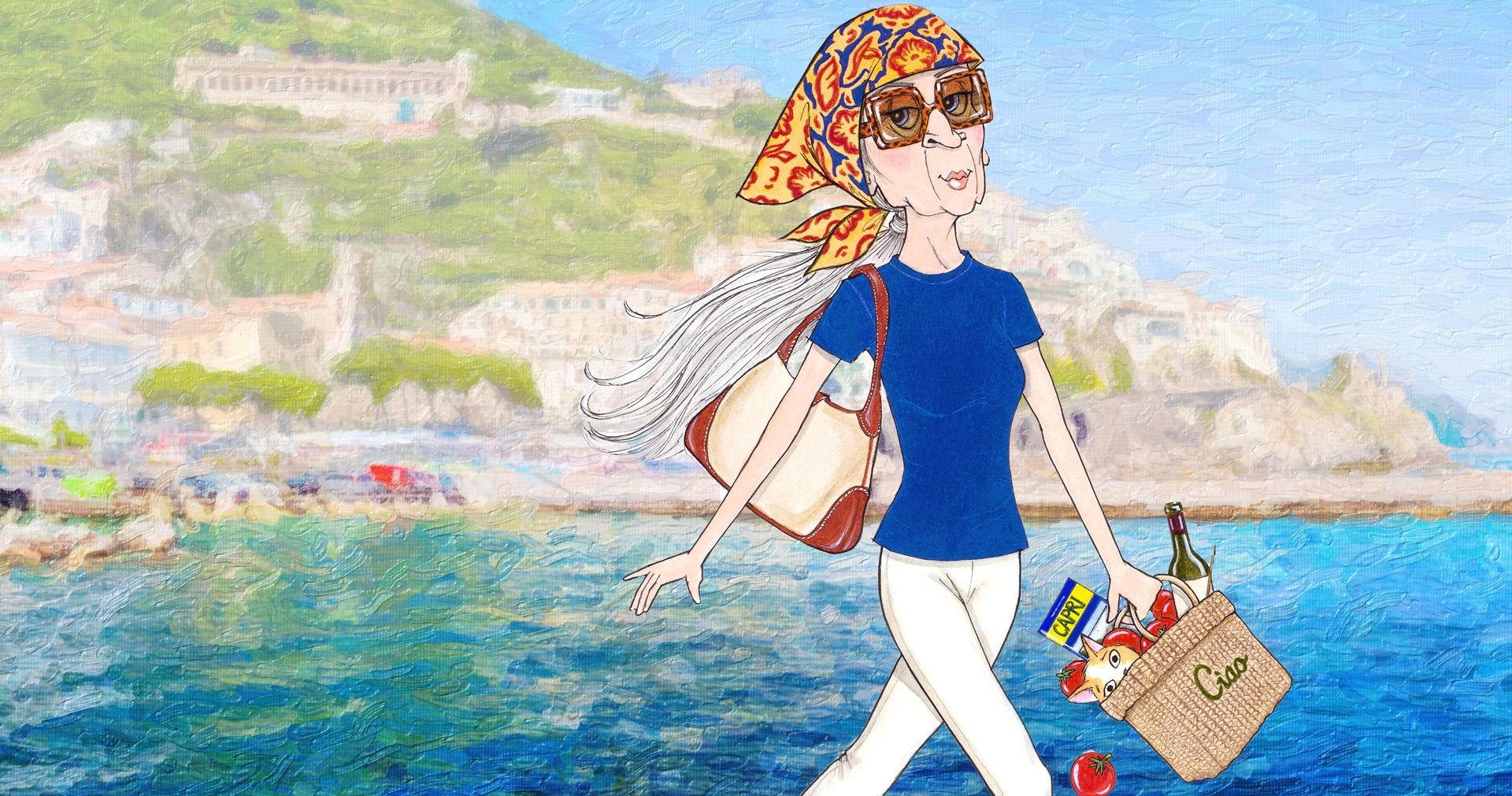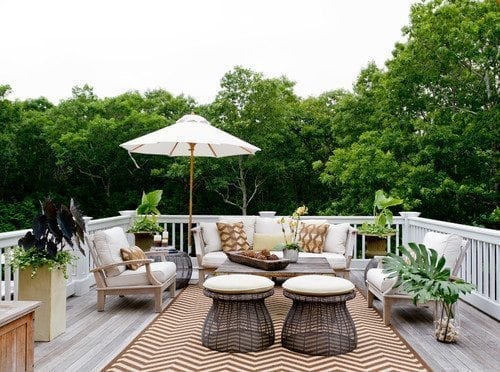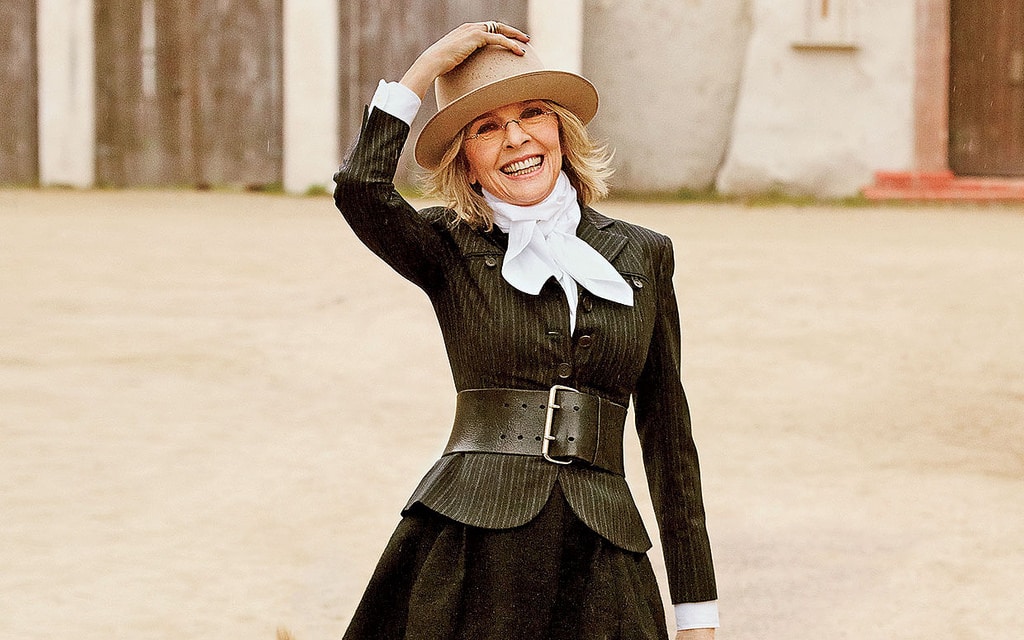“Growing up, all I ever wanted to do was own my own clothing store,” said Kathy Gutierrez. “Of course I was five when I decided that and 49 when I got it. I majored in clothing, textiles, merchandising and design, with a minor in laboratory science. My counselor said you had to have something to fall back on which, for me, is exactly what happened.”
“IT TOOK ME TWO YEARS TO REALIZE THE ONLY ONE COMING FOR DINNER ARE THE HORSES IN THE BARN, AND I’M OKAY WITH IT.”
“After college, I went through the executive training program at Joske’s department store and became a buyer,” said Kathy. “When I got married and wanted to have kids, I didn’t make much money, so I became a sales rep for AstraZeneca for 25 years. It taught me different marketing skills; how to sell things; how to do cold calls; how to speak in front of people; how to budget and forecast.
“It doesn’t matter if you’re selling dresses or drugs. It’s the same thing. I sold a drug for prostate cancer, and I knew I had to sell 12 of those a day to make my forecast. It’s the same thing with dresses. I know how many I have to sell to keep the lights on.”
Ironically, Kathy was selling breast cancer drugs to oncologists when she was diagnosed with breast cancer. Her marriage fell apart, and after a year of cancer treatment, and two daughters at home, she returned to AstraZeneca.
“I was so excited. The company was so supportive. I had a big sales meeting in Wilmington, Delaware, and it would be my first time out and about. My hair was short because of chemo, and I had my big girl clothes on. I drove out the gate of my ranch, and all of a sudden, it was like, I can’t do it.
“It was the one-year anniversary of my mother’s death. I thought, ‘You’ll be fine. You’re just anxious.’ I went to the meeting, had a lovely time, learned a lot, but my heart wasn’t there. Coming home, in the Philadelphia airport, I burst into tears. I knew I couldn’t do that anymore. It had nothing to do with the company. It was me. I’d changed so much through the course of my breast cancer treatment that I could not go back and sell breast cancer drugs, knowing what was really about to happen to those women.
“That, ‘Oh, you’re going to be okay…’ Yes, you’re going to be okay, but there’s so much more to the story. I felt like I was lying. The weight loss, chemo brain, the damage it does to your kids. My marriage was a disaster, and my cancer was icing on the cake. I couldn’t do it anymore.
“I came home and my daughter, Amy, and I were sitting on the front porch. I looked at our paper, and there was the ad for my store. This shop was started by a childhood friend of mine. She was selling the store. I called her and said, I’m going to buy the store. I bought everything, sight unseen.
“I still help a tremendous amount of women with the rest of the breast cancer story. I know there’s so much more to surviving this. I tell them, ‘Come on, girls. We’re going to get through this, and then we’re going to do all of these wonderful things!’”











